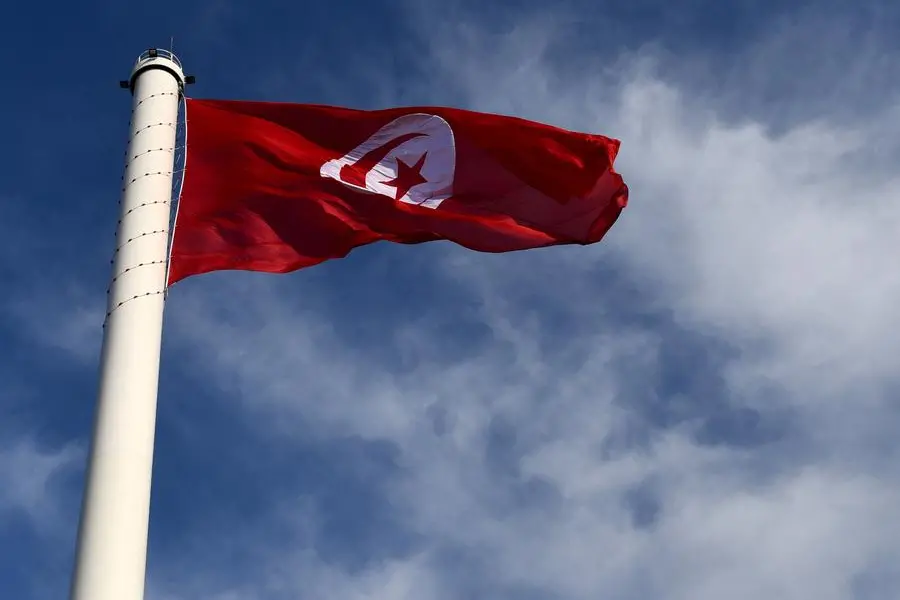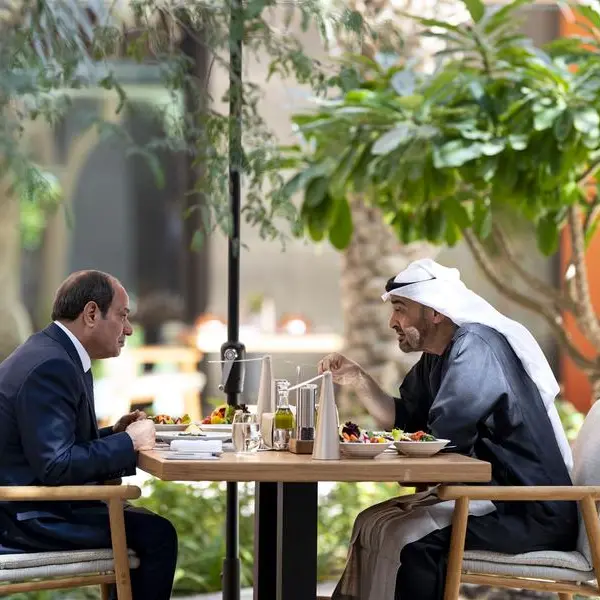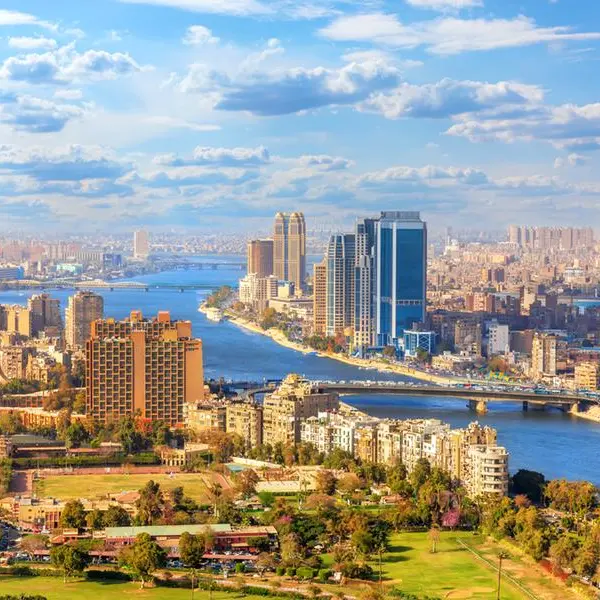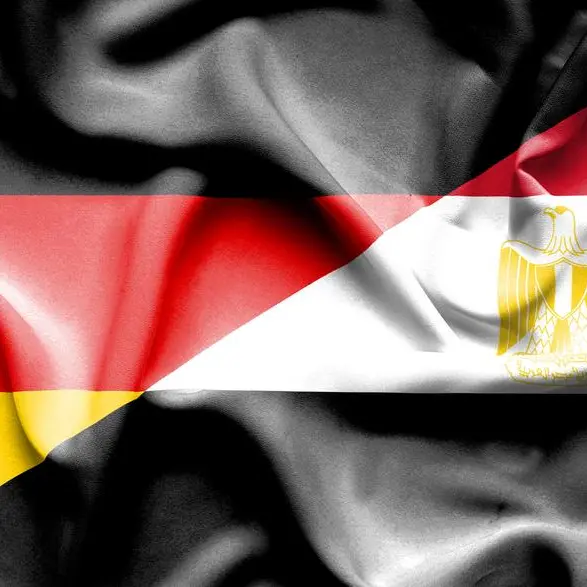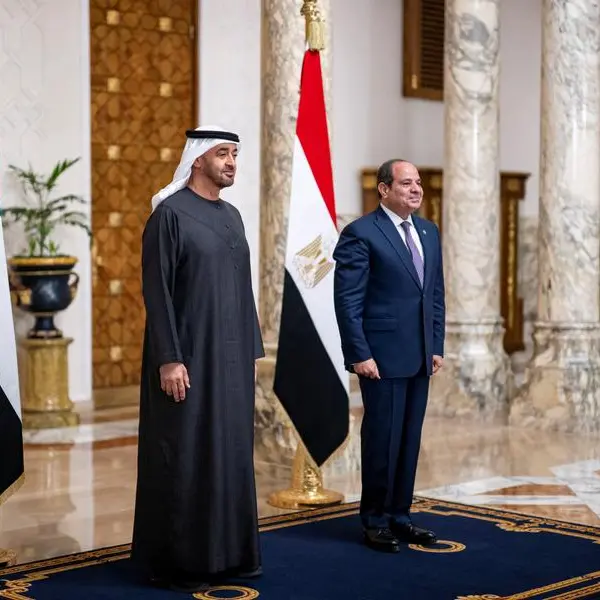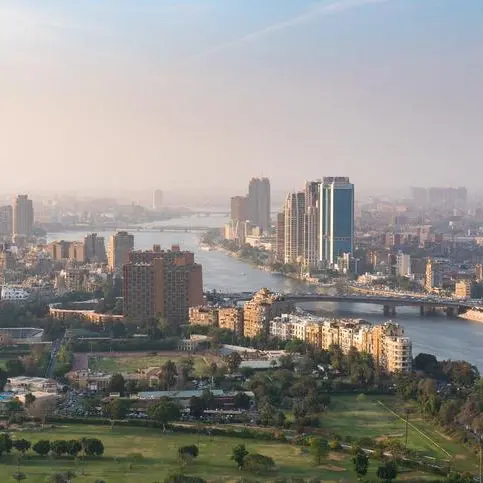PHOTO
Tunisia - President of the Independent High Authority for Elections (ISIE), Farouk Bouasker, said that when the electoral commission sets rules, it does not look at special cases, but rather sets general and abstract rules that apply to everyone and every candidate, regardless of their status.
"If they meet the required conditions and provide complete documents and valid endorsements, their candidacies will necessarily be accepted."
Responding to questions from journalists following the press conference held by the commission on Thursday evening to announce the electoral calendar for the presidential elections scheduled for October 6, 2024, he noted that any candidate who has incomplete documents, provides improper endorsements or does not meet the required conditions will have their candidacy rejected.
He noted that formal procedural issues, such as the identification of signatures, have existed since 2014 and are regulated by Tunisian law, and that any formal violation in the submission of candidacies will necessarily be rejected.
He explained that Regulatory Decree No. 18 of 2014 was revised in 2019 and again this year in 2024 to bring it into line with the Constitution on three points: age, civil and political rights and nationality, as well as the addition of two new articles to the Electoral Code in accordance with Decree No. 55 of 2022, namely new articles 161 and 163, which establish new barriers to candidacy.
These provide that anyone convicted of offering cash or gifts to voters (voter bribery) will be barred from running for office for up to ten years, and anyone convicted of foreign and anonymous financing under Article 163 will be barred from running for office for life.
Bouasker said that the administrative document that proves a clean criminal record in these convictions is the Bulletin No. 3, which is why the Commission requested it.
He explained that Bulletin No. 3 (criminal record) has been included in the electoral law as a condition for candidacy since 2022, when the referendum, legislative and local elections were held, «so logically it cannot be included in the municipal and legislative elections and is not required for the presidential elections.»
He described it as a "key document", noting that civil society and political parties had previously accused the Commission of not requiring it and were now surprised by it.
Regarding the ceiling on campaign financing, the head of the electoral commission said that it is set by presidential decree, which is stipulated in the electoral law.
He pointed out that there is no longer any public funding for all electoral campaigns, leaving only self-funding and private funding, which are determined by a decree of the President of the Republic.
He noted that the Electoral Commission will express its opinion on this ceiling to be commensurate with the real expenditure required by this activity for 21 days and may be in the direction of reducing the ceiling adopted for the 2014 and 2019 elections.
© Tap 2022 Provided by SyndiGate Media Inc. (Syndigate.info).
